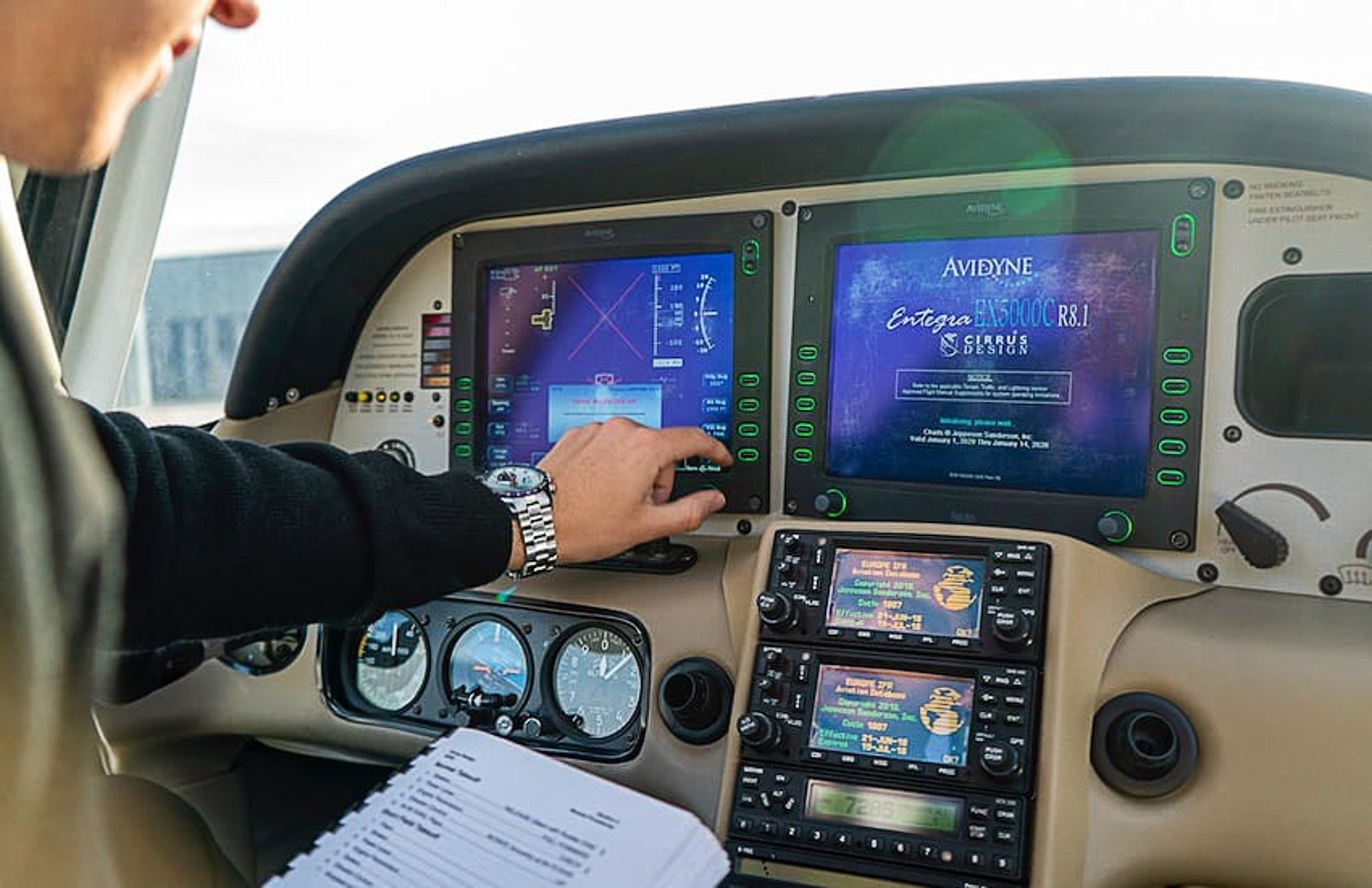
Instrument Rating
What Is an Instrument Rating?
Instrument Rating (IR) is an advanced pilot certification obtained through intensive training that focuses on flying an aircraft solely by reference to instruments. It is one of the most valuable ratings you can add to your pilot certificate, offering a challenging yet rewarding flight training experience. A well-trained and proficient instrument-rated pilot can navigate an aircraft from departure to destination without needing to rely on outside visual references, except during takeoff and landing—demonstrating a truly remarkable skill.
For many new pilots, earning an Instrument Rating provides the first in-depth look into the workings of the National Airspace System, radar operations, and air traffic control procedures. These are essential concepts, as the certification qualifies pilots to operate in the same airspace as turbine-powered aircraft. For some, it is also the first opportunity to experience flying in the clouds or during challenging conditions, known as Instrument Meteorological Conditions (IMC), while following an Instrument Flight Rules (IFR) flight plan.

Why Should You Get an Instrument Rating?
Earning an Instrument Rating offers several compelling benefits for pilots, enhancing both safety and career opportunities. Here are some key reasons why adding an Instrument Rating to your pilot certificate is worthwhile:
1. Enhanced Safety
Even if you primarily fly under Visual Flight Rules (VFR) and don’t plan to fly in the clouds, an Instrument Rating adds an extra layer of safety. It equips you with the skills and knowledge to handle unexpected situations, such as sudden changes in weather conditions. With an Instrument Rating, you'll be better prepared to navigate through adverse weather and safely fly an aircraft with Instrument Flight Rules (IFR) capabilities if necessary.
2. Path to Becoming a Flight Instructor
If you aim to become a certified flight instructor (CFI), earning an Instrument Rating is a valuable step. It not only broadens your qualifications but also enhances your teaching capabilities, allowing you to provide advanced training to aspiring pilots.
3. Opportunities Commercial Pilot
While you can obtain a commercial pilot certificate without an Instrument Rating, doing so significantly limits the types of flying and job opportunities available to you. An Instrument Rating is essential for pilots who wish to fly in a broader range of conditions and pursue careers as commercial airline pilots.
What Does IFR Mean?
IFR stands for Instrument Flight Rules, which govern how aircraft are operated when flying by reference to instruments rather than visual cues. Pilots must hold an Instrument Rating to operate under IFR conditions. Here’s what Instrument Flight Rules entail:
Ability to File an Instrument Flight Plan: IFR allows pilots to file a flight plan that takes weather conditions into account, enabling safer and more predictable navigation.
Efficient Navigation Across Different Airspace: Pilots can seamlessly move through various airspace classes without the need for strict adherence to Visual Flight Rules (VFR) weather requirements.
Flexibility in Weather Conditions: IFR flight does not require specific weather minimums, making it possible to fly in a broader range of conditions.
For pilots flying longer distances, IFR offers significant advantages, including more efficient routes and the benefit of air traffic control assistance for added safety. Even if a pilot does not intend to fly in actual Instrument Meteorological Conditions (IMC), flying under an instrument flight plan often leads to shorter flight times and enhanced safety
How Long Does It Take to Earn an Instrument Rating?
For a full-time student pilot starting with no prior flight experience, it typically takes around three months to earn a Private Pilot Certificate. After obtaining this initial certification, adding an Instrument Rating usually requires an additional one to two months of training. The exact timeframe can vary based on factors such as training intensity, weather conditions, and the student’s individual progress.
Earning an Instrument Rating enhances a pilot's skills and prepares them for more advanced flying, allowing for safer and more efficient navigation under various flight conditions.
Elevate your career with our pilot training.
STAY TUNED!
© 2025. All rights reserved.

Pilot Training Programs
FAQs
How to Become a Pilot
How can I become a pilot after 12th
What is the Salary of a Pilot
FAQs
